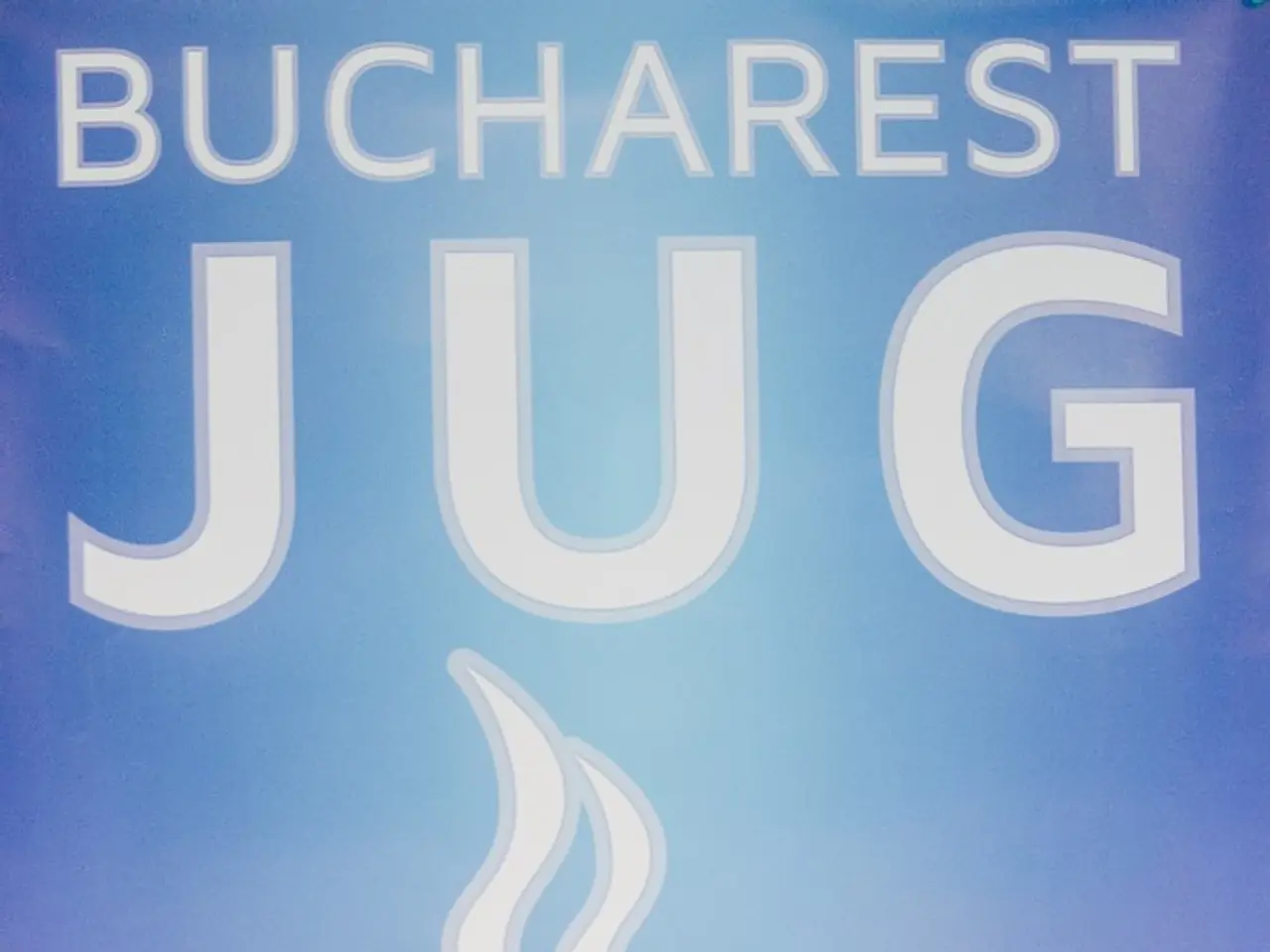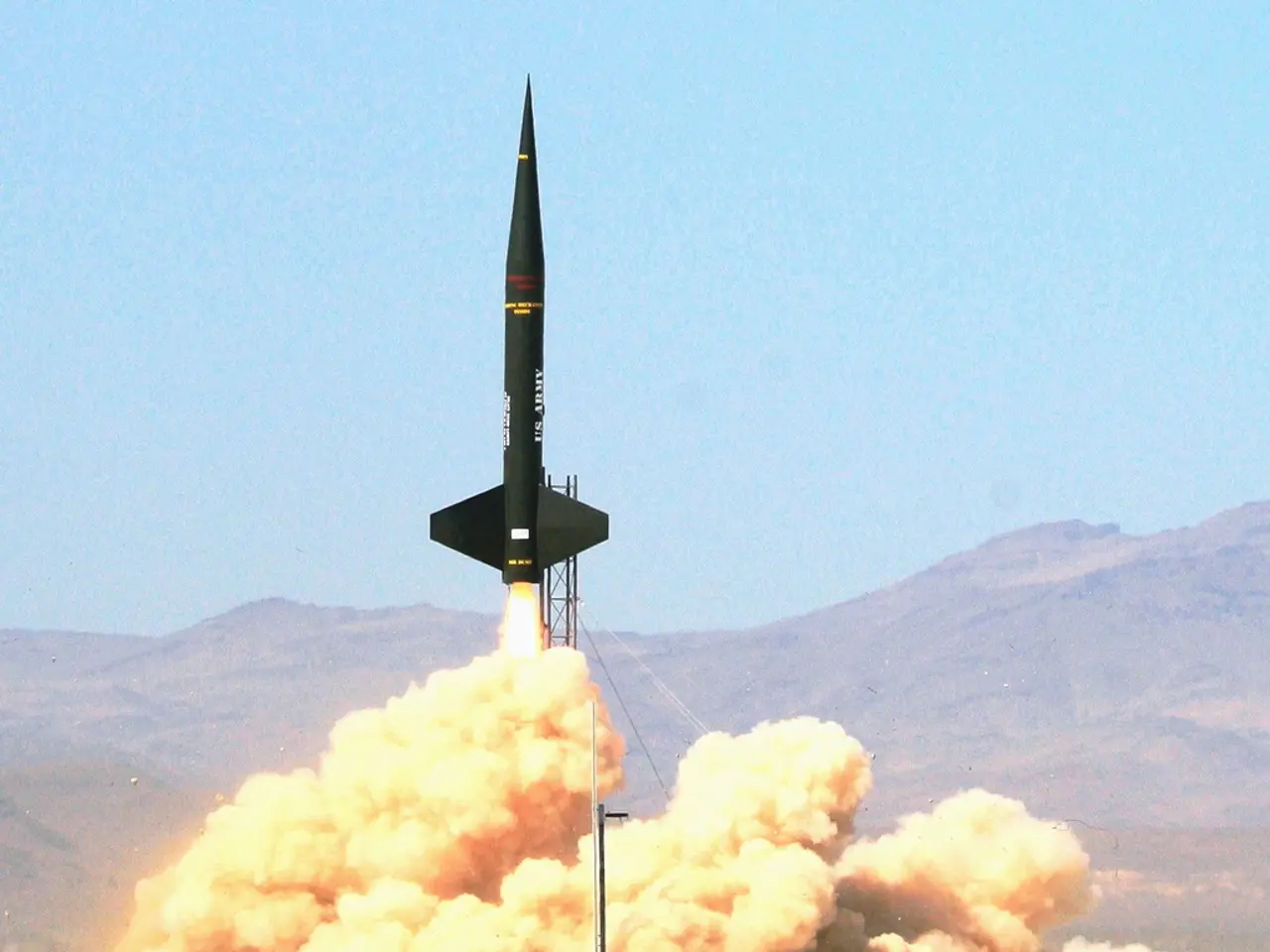Record-breaking startup investments during the first quarter, marking a two-year high in funding.
Indian startup funding experienced a notable decline overall in Q1 2025, with total investments dropping 25% year-on-year to USD 4.8 billion in H1 2025, compared to USD 6.4 billion in the same period of 2024. Despite this decline, India maintained its position as the third-largest global market for tech startup investments, trailing only the US and UK.
In Q1 2025, AI startups led by Uniphore and Qure.ai commanded the highest funding amounts, with Uniphore raising $620.9 million and Qure.ai securing $125.3 million. These companies focus on conversational AI for customer service, medical AI diagnostics, and AI chatbots, respectively.
The fintech sector faced some headwinds due to regulatory and market caution, impacting funding dynamics. Notable deals include India's Sahi, a broking platform that raised $10.5 million in Series A to automate and improve its services. However, the overall WealthTech sector is expected to see funding drop by one-third in 2025, reflecting a cautious investor sentiment.
Health tech AI companies like Qure.ai received significant funding to advance AI-powered diagnostics. While large-scale health tech deals were less prominent in Q1, AI-driven healthcare innovation remains a key focus.
Indian startups in enterprise tech and other sectors continued to attract substantial funding. Fabheads, a composite manufacturing startup, raised $10 million to scale manufacturing and R&D. Flipspaces, an interior design tech startup, raised $5.9 million to expand in India, the US, and UAE, while improving its technology platform. StayVista, a luxury villa rental platform, raised $5 million in Series B to grow its market presence.
In Q1 2025, Indian startups raised a total of $3.7 billion. The March quarter of 2025 also saw a nearly 10% jump from the previous quarter of Q4 2024. The funding in Q1 2025 is the highest March quarter funding in the past two years. There were 50 merger and acquisition deals in the startup ecosystem, with D2C skincare brand Minimalist being acquired by FMCG giant Hindustan Unilever Limited (HUL) for nearly $350 million and SaaS company Wingify being bought by Singapore-based PE firm Everstone for $200 million.
Despite the layoffs, with Ola Electric laying off 1,000 employees in Q1 2025 and three other startups laying off nearly 350 employees, the Indian startup ecosystem continues to attract significant investment and interest from both domestic and international investors. The focus on AI-driven solutions, especially in enterprise customer service and healthcare diagnostics, is expected to continue in the coming quarters.
The decline in startup funding in Q1 2025 did not affect the WealthTech sector's focus on wealth management, as the overall sector is expected to see a third of its funding drop in 2025, reflecting caution among investors. Despite the decreased funding, Fabheads, an enterprise tech startup, was able to raise $10 million to scale manufacturing and R&D.




